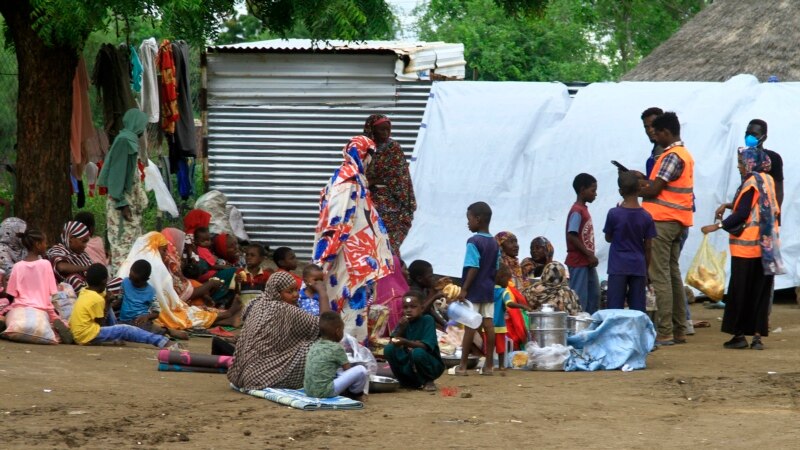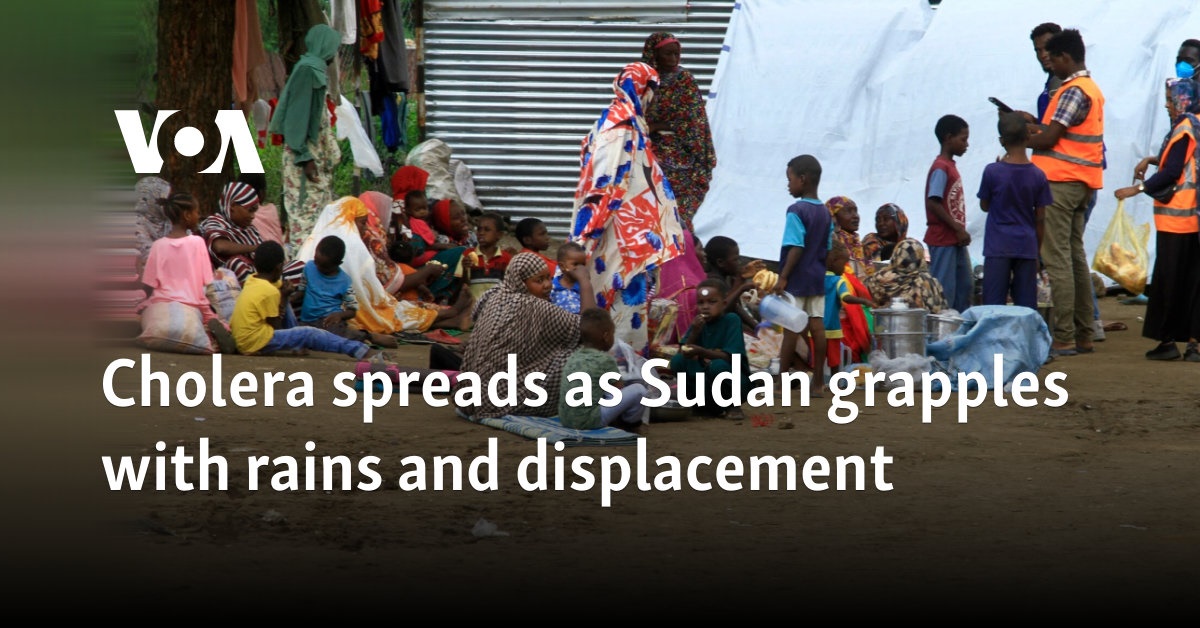This website uses cookies so that we can provide you with the best user experience possible. Cookie information is stored in your browser and performs functions such as recognising you when you return to our website and helping our team to understand which sections of the website you find most interesting and useful.


For the second consecutive year Sudan is in the grip of a cholera outbreak that has left at least 28 people dead in the last month as rains fall in areas crammed with those fleeing the country's 16-month-old war, officials said.
Since July 22, when the current wave began, 658 cases of cholera have been recorded across five states, World Health Organization (WHO) country director Shible Sahbani told Reuters in Port Sudan.
With much of the country's health infrastructure collapsed or destroyed and staffing thinned by displacement, 4.3% of cases have resulted in deaths, a high rate compared to other outbreaks, Sahbani said.
Some 200,000 are at high risk of falling ill, he said.
The war between the army and the paramilitary Rapid Support Forces (RSF) has created one of the world's largest humanitarian crises and displaced more than 10 million people inside Sudan and beyond its borders.
The country is dealing with a total of five concurrent disease outbreaks include dengue fever and measles.
The RSF has advanced across swathes of Sudan, where people have been cut off from aid as the army has withheld access and RSF soldiers loot supplies and hospitals. Efforts to deliver aid to the western region of Darfur have been complicated by rains.
International experts have determined that there is a famine in Darfur's Zamzam camp, an area flooded in the rains and highly susceptible to cholera.
About 12,000 cases and more than 350 deaths were registered in the previous cholera wave between October 2023 and May 2024, health minister Haitham Mohamed Ibrahim said, adding that there had been no major outbreak in the nine years before the war.
The current outbreak is centered in Kassala and Gedaref states, which host 1.2 million displaced people.
In Gedaref, a Reuters reporter filmed pools of water attracting insects and large ponds of stagnant rain water mixing with refuse. A local official said that the vast majority of diseases were caused by insects, poor water quality, and sewage.
Many people fleeing raids by the RSF shelter in crowded, makeshift displacement centers, where lavatories have overflowed as heavier-than-usual rains continue to fall. Cholera is transmitted from food and water contaminated with infected feces and thrives in such conditions.
Sahbani said that states like Khartoum and Gezira, largely controlled by the RSF, had also seen cholera cases, while states in the Kordofan and Darfur regions could likely see outbreaks.
"The challenge is getting supplies to the areas we need them. Due to the rainy season many roads are not usable now, but also there are security constraints and bureaucratic constraints," he said.
On Friday, he told reporters in a virtual briefing that the International Coordinated Group for vaccine allocation (ICG) had approved delivery of 455,000 cholera vaccine doses to Sudan, some "good news in the middle of this horrible crisis."
Ibrahim said the army-aligned government had used "unorthodox measures" including air drops to try to get vaccines and supplies into those RSF-controlled areas as well as isolated army-controlled areas.
Both officials emphasized that the need in Sudan far outweighed the aid effort, particularly as the U.N.'s humanitarian appeal for Sudan is only about one-third funded.



 Africana55 Radio
Africana55 Radio 
